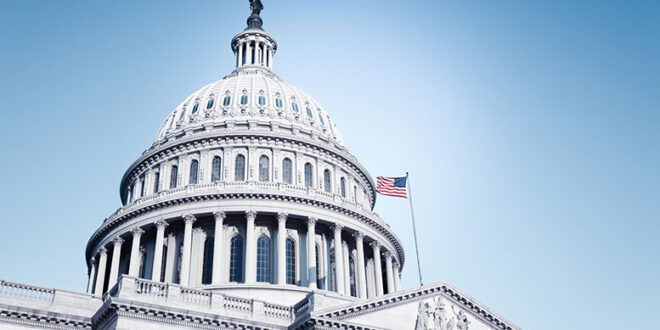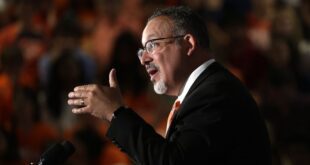Increasing the Value of College for Students and Taxpayers
The House Subcommittee on Higher Education and Workforce Development recently held a hearing dedicated to the discussion of increasing the value of college education for both students and taxpayers. Among the topics addressed were the need for greater transparency in college pricing, the protection of students from low-quality and high-cost college programs, and the prevention of burdensome student debt.
Advocating for Greater Accountability
The committee members and witnesses, regardless of party affiliation, strongly agreed that a college education should lead to well-paying employment opportunities. Representative Burgess Owens from Utah emphasized that the purpose of college is to provide value to the consumer, but he expressed concerns about outdated measures of quality and the lack of transparency in the postsecondary market. Owens argued that students and taxpayers are left with a costly gamble and no reassurance of a favorable outcome.
During the hearing, Michael Horn, co-founder of the Clayton Christensen Institute for Disruptive Innovation, echoed Owens’ sentiment. He emphasized that the current focus in higher education is on student enrollment rather than employment outcomes or learning achievements. Horn suggested that federal policies should shift their focus towards promoting student outcomes and empowering schools to deliver value to both students and taxpayers.
Workforce Pell for Proven Programs
Representative Lucy McBath from Georgia stressed the importance of ensuring that taxpayers receive a quality return on their investments. She suggested that federal programs should be designed to lead students towards successful careers and improved quality of life. McBath expressed support for expanding Pell grant eligibility to short-term workforce training programs, referred to as workforce Pell, but emphasized that the expansion should only apply to programs that have proven to be effective and efficient.
Stephanie Cellini, a professor at George Washington University, argued that postsecondary institutions should be held accountable for student outcomes and face meaningful consequences for poor-performing programs. She emphasized the necessity of implementing gainful employment regulations to ensure accountability. Cellini also advocated for the use of federal data to promote programs that result in high earnings, providing students with essential information for making informed choices regarding their college and major.
While supporting the concept of workforce Pell, Representative Suzanne Bonamici from Oregon cautioned against relying solely on wage data to measure educational quality. She emphasized that there are various forms of value that cannot be assessed or measured, such as joining the Peace Corps, working for non-profit organizations, or becoming a teacher. Bonamici argued that these pursuits should not be discounted as indicators of a good education.
Performance-Based Funding
The hearing also highlighted the success of institutions like Texas State Technical College (TSTC) as models of providing high-value programs. Andrew Gillen from the Texas Public Policy Foundation explained that TSTC is funded based on how effectively it prepares students for careers. The college receives a share of the increase in state taxes generated by its students. Additionally, programs at TSTC that fail to improve students’ career prospects are quickly phased out. This performance-based funding approach has gained traction in other parts of the country as well.
Overall, the House Subcommittee hearing shed light on the need for increased transparency, accountability, and value in college education, with a focus on improving outcomes for students and providing a strong return on investment for taxpayers.
 Mind Uncharted Explore. Discover. Learn.
Mind Uncharted Explore. Discover. Learn.




